by lyj1 | Sep 20, 2021 | Faculty
Julie Anna Golebiewski, PhD, associate professor of economics and finance, spoke with The Buffalo News about the slowing of hiring in the local job markets and how this stagnation compares to previous years.
To read more click here.
Submitted by: College Communications
by irwin | Sep 20, 2021 | Faculty
“Love Conquers Fear: Lessons in Boxing and Life” will be re-broadcast on WNED-TV on Thursday, September 23 at 4:30 a.m. and Sunday, September 26 at 5:30 p.m.
The film focuses on a youth boxing program created for the purpose of helping high school students grow and develop physically, mentally and spiritually. Many of the participants are from Buffalo’s international high school, having recently relocated from third-world countries. Faith-based “life lessons” are woven seamlessly into each boxing lesson. The film was produced by digital media arts students Alex Kontak ’19 and Ryan Gelder ’19, under the direction of Barbara Irwin, PhD, professor of communication studies. The award-winning Video Institute was directed by Dr. Irwin and Jamie O’Neil, professor of digital media arts in the Department of Communication.
Submitted by: Barbara J. Irwin, Ph.D., professor, Department of Communication
by reitsmar | Sep 20, 2021 | Faculty
The second speaker for the Borders and Migrations fall 2021 series will take place on October 6, from 1-2:30 p.m., and feature Montserrat Canela Garayoa from the UN High Commissioner for Refugees. Based in Geneva, Montserrat will visit via Webinar and will include a hybrid audience: online and in person. This is in collaboration with the Archive Speakers Series at the Library.
Montserrat will also join SPA 324 on October 7 from 2:30 – 3.45 p.m. (but in Spanish) and will join a conversation with peer learners in ITESO Jesuit University in Guadalajara, Mexico. If you speak Spanish and are interested in the conversation as well, you are welcome to join.
All are welcome to the in person conversation, the Webinar (in English) or the Dual Immersion (in Spanish).
Submitted by: Richard D. Reitsma, PhD, chair, associate professor of spanish, Department of Modern Languages, Literatures, & Cultures
by Tyler Kron-Piatek | Sep 20, 2021 | Faculty

Later this month, you will be able to restrict what file types students are allowed to submit to a D2L Dropbox.
To do this, go to the Submission and Completion section in the D2L Dropbox Editor Screen. Then, find the dropdown menu titled “Allowable File Extensions”.
You can choose from one of the following categories (for specific file extensions each category can accept, please visit this page):
No Restrictions: Default choice; all file types are accepted, including zipped files.
Annotatable Files: Any file that you can Annotate in D2L. This includes Word files, PowerPoints, Excel spreadsheets, common image files, and various other text files (Rich Text, Open Document Files, etc.).
Files that can be previewed without conversion: Files that D2L does not have to convert to be viewed. These are mostly web files.
Images and Videos: Any common Image, Audio, or Video file (note that video files can not be played in a D2L Dropbox Submission unless they are embedded. Otherwise, videos must be downloaded to view them).
Custom File Types: Any file type you specify by using the file’s extension are accepted. You can specify multiple files by separating the file extensions with commas and putting a period before the extension. For example, if you only want Word DOCX or DOC files and zipped files, it would look like:
.docx,.doc,.zip
You can specify uncommon file types as well. For example, Python, JavaScript, C#, Photoshop, Illustrator, etc. Note that these files may need to be downloaded since D2L may not allow them to be previewed in the Dropbox Grading page.
For a step-by-step tutorial on how to do this and more information, you can go to the D2L: Restrict File Types for Dropbox Submissions wiki page. You can also find this tutorial in the D2L Self-Paced Training for Faculty and Staff under the category titled Collecting Assignments in Dropboxes.
Submitted by: Tyler J. Kron-Piatek, academic technologist, COLI
by Tyler Kron-Piatek | Sep 20, 2021 | Faculty

As you prepare your courses for the spring 2022 semester, you may consider having third-party integrations for textbooks, online activities or exam tools added to your D2L Course Spaces.
Before you request this, carefully read COLI’s policy on these integrations.
Immediately there are two things you know:
- Neither COLI nor ITS can provide you or your students support for these tools or integrations, past integrating them into D2L in accordance with the provider’s instructions. Our policy explains why, but just know that past the link out of D2L, you and your students must rely on the provider for all technology support. You should allow yourself plenty of time to determine that the tools are working, and get specific guarantees that your provider will support you and your students.
- Our (COLI and ITS) first priority is the health and reliability of course spaces and tools used by all faculty, and we will reject any tool we think potentially threatens any or all courses.
Plan to request integrations as soon as possible, and at the latest by December 1, 2021. And read the above-linked policy; it is essential. COLI’s successful implementation of these integrations depends on the process going according to the third-party content providers’ instructions. If it doesn’t (and it occasionally doesn’t), that will mean delays.
Submitted by: Tyler J. Kron-Piatek, academic technologist, COLI



